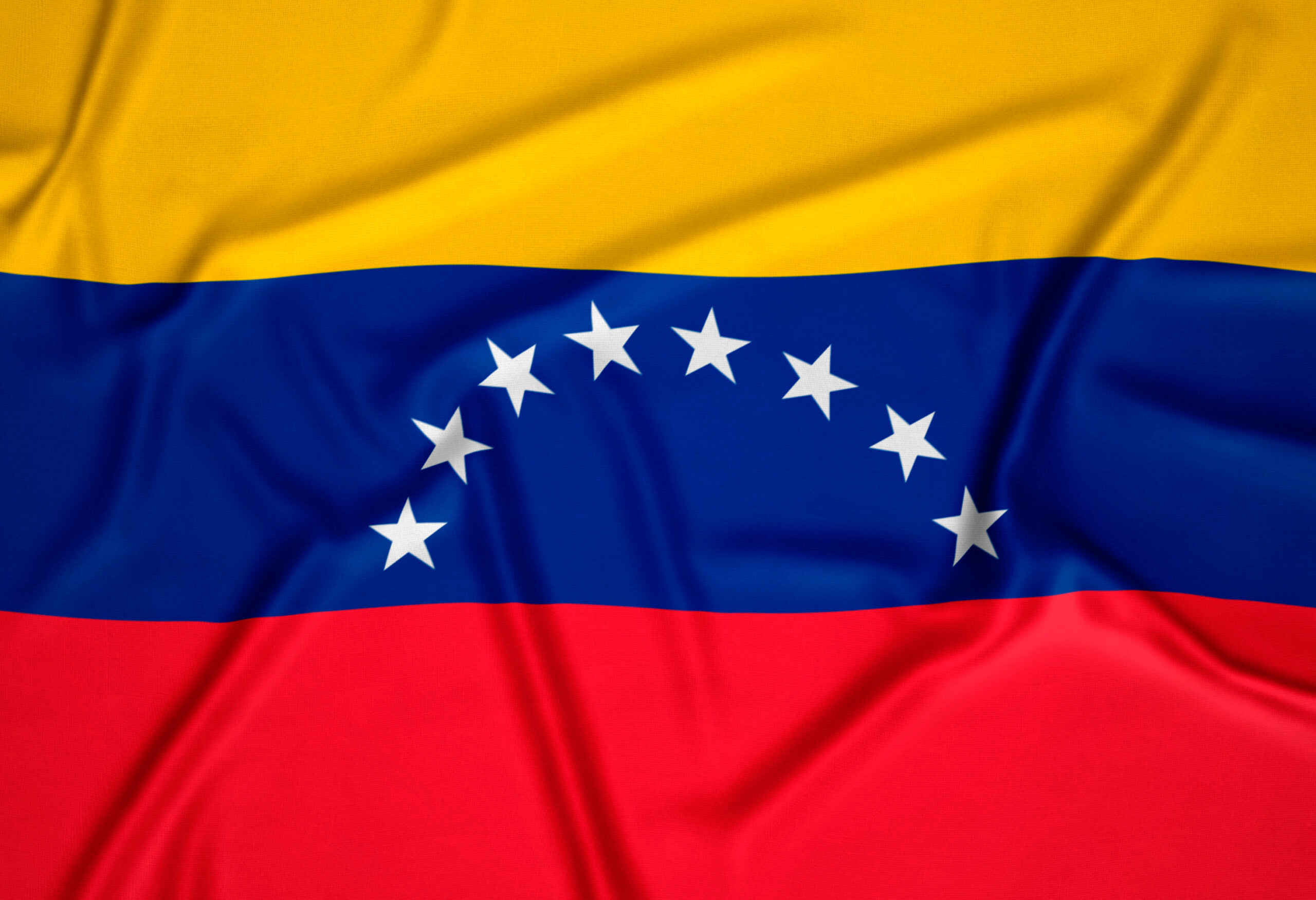
The government of President Nicolás Maduro in Venezuela has successfully secured approval for a referendum aimed at asserting sovereignty over a resource-rich area in neighbouring Guyana, as declared by the country’s electoral authority. Despite limited visibility of voters at polling stations, the National Electoral Council reported a turnout of over 10.5 million ballots out of a potential 20 million eligible voters in the nation.
Venezuela has persistently argued that the disputed territory, known as Essequibo, which constitutes two-thirds of Guyana, was unlawfully taken during the delineation of borders over a century ago. However, Guyana perceives the referendum as a potential precursor to annexation, creating a sense of unease among its residents. The referendum posed a crucial question to Venezuelan voters, asking whether they endorse the establishment of a state in Essequibo, the granting of citizenship to both current and future residents, and the rejection of the United Nations’ highest court jurisdiction in resolving the ongoing disagreement between the South American nations.
The historical roots of the territorial dispute trace back to the Spanish colonial period, with Venezuela maintaining that Essequibo was within its boundaries. The border conflict was initially settled by arbitrators from Britain, Russia, and the United States in 1899 when Guyana was a British colony. The U.S. represented Venezuela in the arbitration process due to the rupture of diplomatic relations between Venezuela and Britain. Venezuelan officials argue that Americans and Europeans conspired against their country in the arbitration, contending that a 1966 agreement nullified the original arbitration. Guyana, the sole English-speaking country in South America, asserts the validity and legality of the initial accord, seeking a ruling from the International Court of Justice since 2018. However, a final decision on the matter is anticipated to take several years.
In a recent development, the International Court of Justice (ICJ) issued an order on Friday, directing Venezuela to refrain from taking any actions that would alter Guyana’s control over the disputed Essequibo region. While the court did not explicitly prohibit Venezuelan officials from proceeding with the referendum, it did address concerns raised by Guyana, which sought an injunction to halt specific aspects of the vote. The ramifications of the referendum, both in practical and legal terms, remain uncertain. ICJ President Joan E Donoghue, in elaborating on the court’s decision, highlighted statements from the Venezuelan government that suggested a strategic move towards acquiring control over and administering the disputed territory.
The contested 61,600-square-mile territory is particularly appealing not only because of its natural resources but also due to the access it provides to a strategically important area of the Atlantic where ExxonMobil discovered oil in commercial quantities in 2015. It therefore seems that, albeit the many talks on climate change and intensions to transition to renewable energy, oil is still very much sought after and good enough a reason to destabilise regions. In fact, the referendum amplifies existing tensions, not only between Venezuela and Guyana but also among neighbouring countries. In response to the escalating dispute, Brazil’s defence ministry has reportedly intensified its defence actions and increased military presence in the region. The referendum also places a strain on the effectiveness of multilateral organizations and international bodies as it sets a precedent in the region to bypass diplomatic mechanisms of dispute resolution. There are also concerning economic implications both in case there were to be a conflict in the area, which might warn off investments and utilise resources, and in the case Venezuela was to take control of it and profit from its resources and access to oil.
Although the effective implications of the referendum will depend on the future actions of the parties involved, as well as on those of the international community, the referendum risks having far-reaching implications for Latin American, for it challenges norms of diplomacy, it escalates regional tensions and introduces economic uncertainties.
By The European Institute for International Law and International Relations













